Indonesia, as the world’s largest archipelagic nation and the third-largest democracy, continues to face dynamic political challenges in 2025. With a population exceeding 270 million people and a complex multi-party maritim4d system, the country’s political climate reflects both the strengths and weaknesses of its democratic journey since the fall of Suharto in 1998.
The most significant recent development is the political transition after the 2024 general elections. For ten years, Indonesia was led by President Joko Widodo, who was widely known for his focus on infrastructure, economic growth, and social welfare programs. His departure marked the end of an era, as the new government has taken office with promises to continue his legacy while also introducing new priorities. However, this transition has also brought uncertainty, as citizens closely monitor whether the new leadership can deliver on its campaign promises and maintain stability.
One of the defining features of Indonesian politics is coalition-building. The country’s multi-party system prevents any single party from dominating the parliament, which means governments must be formed through alliances. While this structure allows for broad representation, it also creates challenges in decision-making. Coalition politics often lead to compromises that weaken reform agendas, and many critics argue that politicians prioritize political survival over meaningful policy changes. This tension remains a central feature of Indonesia’s governance.
Democracy in Indonesia, although resilient, faces serious tests. Concerns about corruption, disinformation, and polarization remain pressing. Civil society groups have warned that democratic institutions must be protected from erosion. In recent years, the weakening of the Corruption Eradication Commission (KPK) has been particularly controversial, as it raises questions about the government’s true commitment to fighting corruption. Public trust in political institutions remains fragile, and restoring confidence is an urgent priority for the current administration.
Social dynamics also play a key role in shaping politics today. The rise of identity politics, particularly those connected to religion and ethnicity, continues to influence public debates and electoral strategies. While Indonesia has long prided itself on diversity under the national motto “Bhinneka Tunggal Ika” (Unity in Diversity), political actors sometimes exploit differences for short-term gains. This trend threatens national unity and poses challenges for inclusive governance.
On the international stage, Indonesia continues to strengthen its position as a regional leader. Its foreign policy remains non-aligned, emphasizing diplomacy, neutrality, and cooperation within ASEAN and beyond. As global tensions rise, particularly in the Asia-Pacific region, Indonesia seeks to maintain stability while attracting foreign investment and building stronger partnerships with both Western countries and major Asian economies such as China, Japan, and South Korea.
Looking forward, Indonesia’s political trajectory will depend on how well the new leadership can balance continuity with reform. The government must prioritize reducing inequality, improving governance, and addressing corruption if it wants to secure long-term legitimacy. At the same time, safeguarding democracy and ensuring that institutions remain strong and independent will be crucial to protecting the progress made over the past two decades.
Indonesia’s politics today reflect both opportunity and risk. As the country stands at a crossroads, its success in navigating these challenges will determine not only its domestic future but also its role as a democratic model in Southeast Asia.
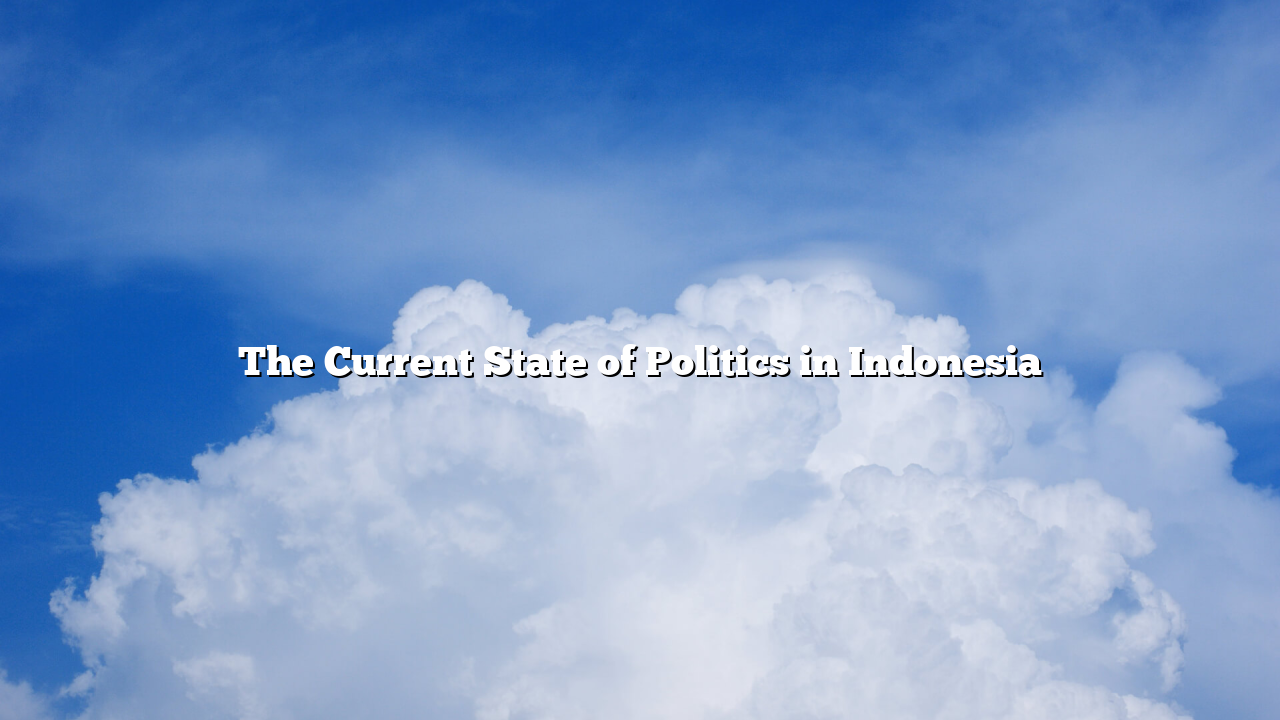
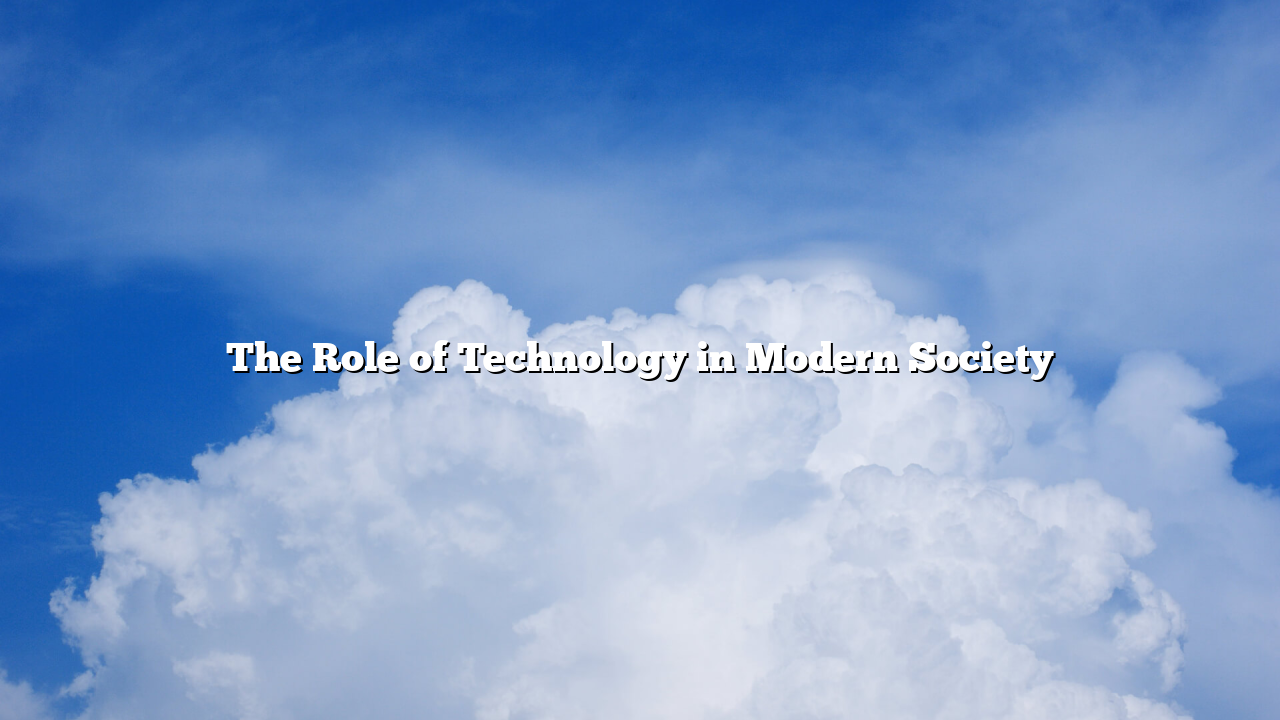


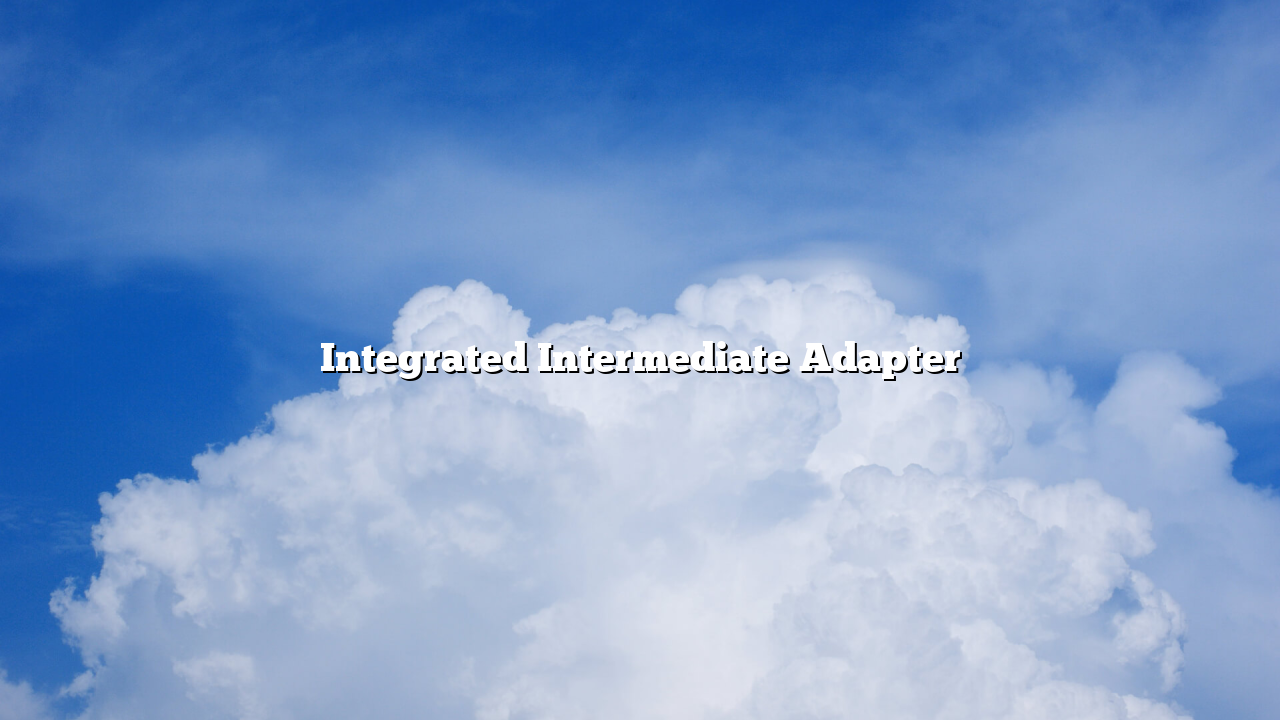
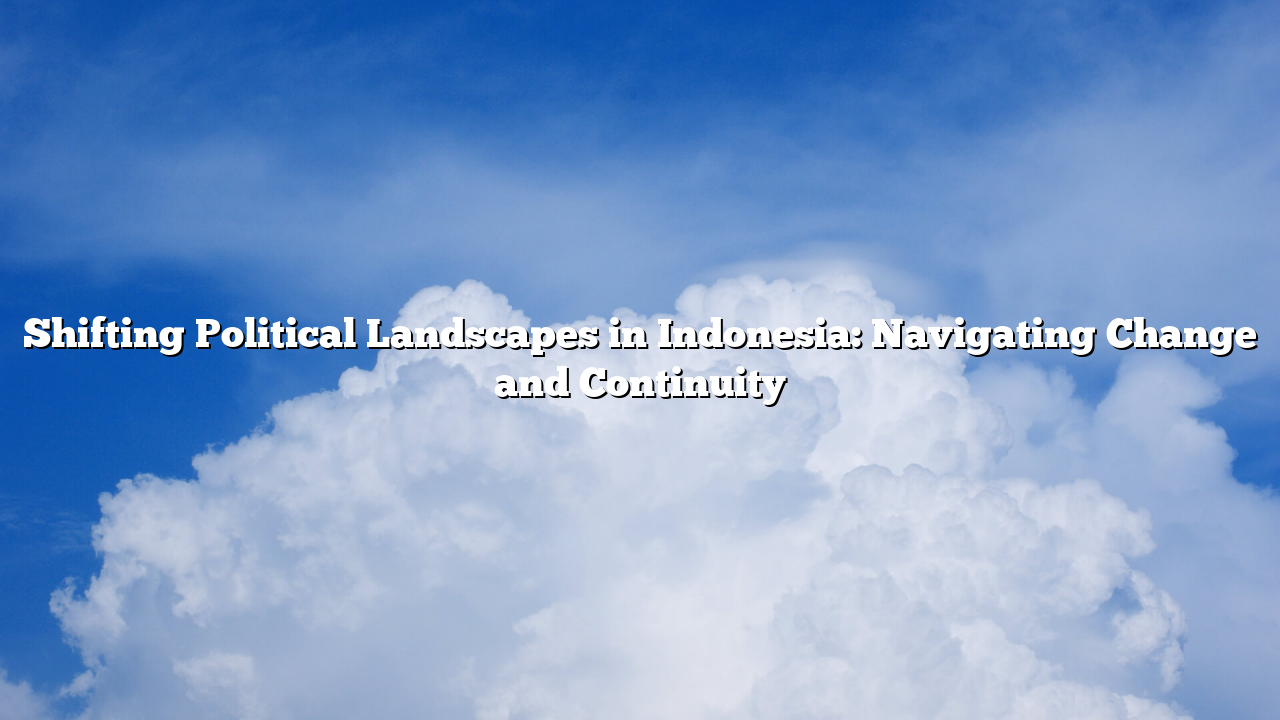




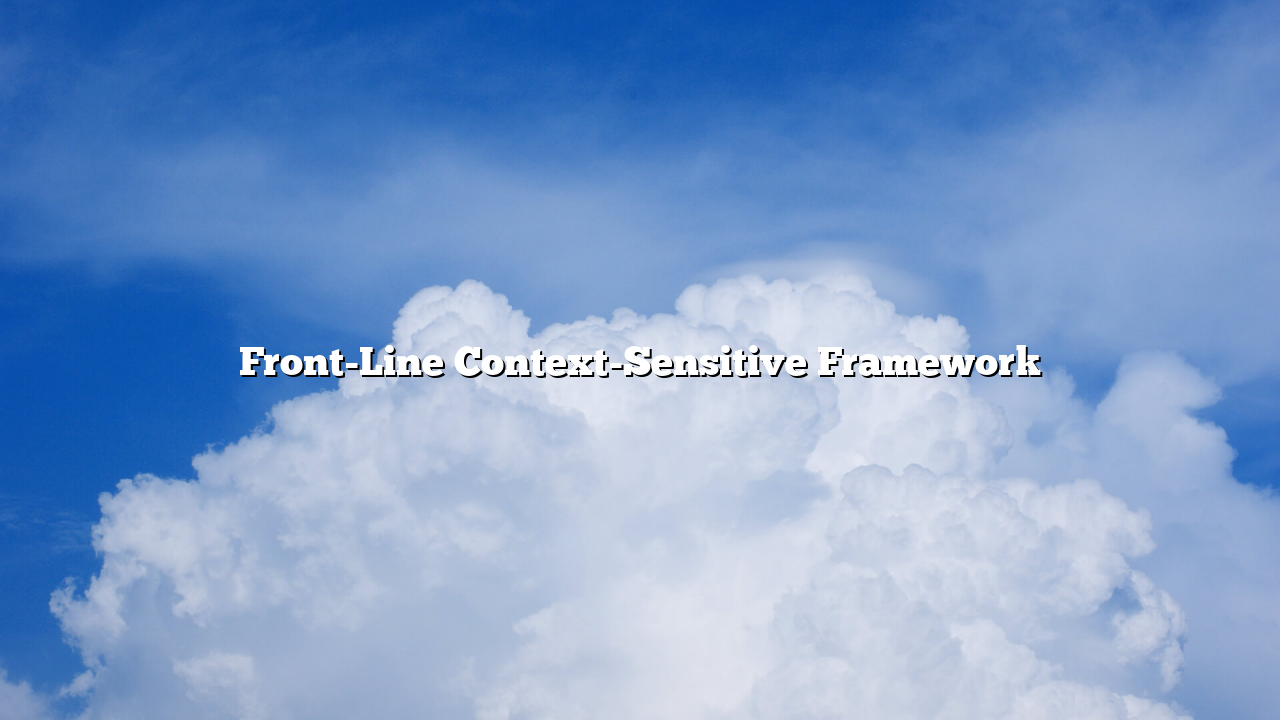
Leave a Reply